
Good transcribers don’t just type. Oh no, these audio archaeologists are the secret ninjas of the transcription world! With lightning-fast fingers and ears sharper than a bat’s, they can decipher accents that would leave Sherlock Holmes scratching his head. And let’s not forget their mastery of the Art of GooFu, they can research obscure topics faster than you can sneeze.
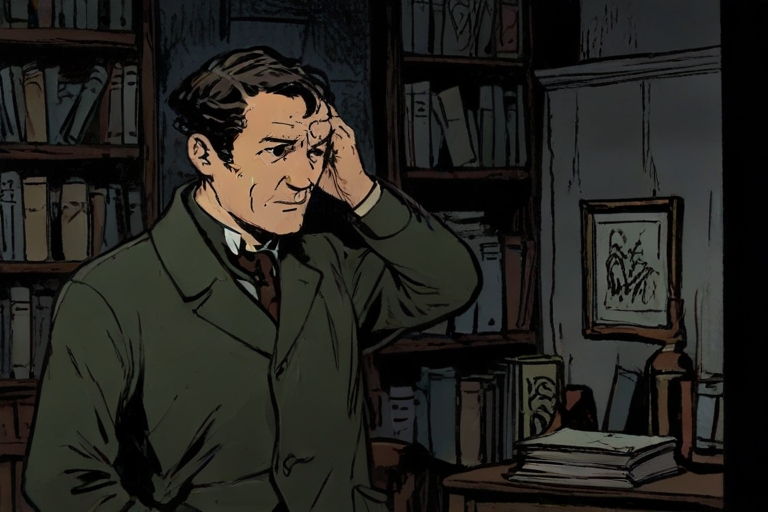
Let me warn you though, their proofreading skills are so sharp, they could spot a typo from outer space. It’s like they’ve got a sixth sense for misplaced commas and rogue apostrophes. Well, those transcribers really were the unsung heroes of the transcription world! As the era of the ‘transcriber’ fades into oblivion, I confess I once belonged to this soon-to-be-extinct species. Those were both the days and nightmares of my life. It was like being stuck in a time loop, endlessly chasing after elusive words that seemed to vanish into thin air. Before then, I had never even heard of a transcriber. The role of the transcription industry in the frenzied era of globalization was entirely unfamiliar to me.
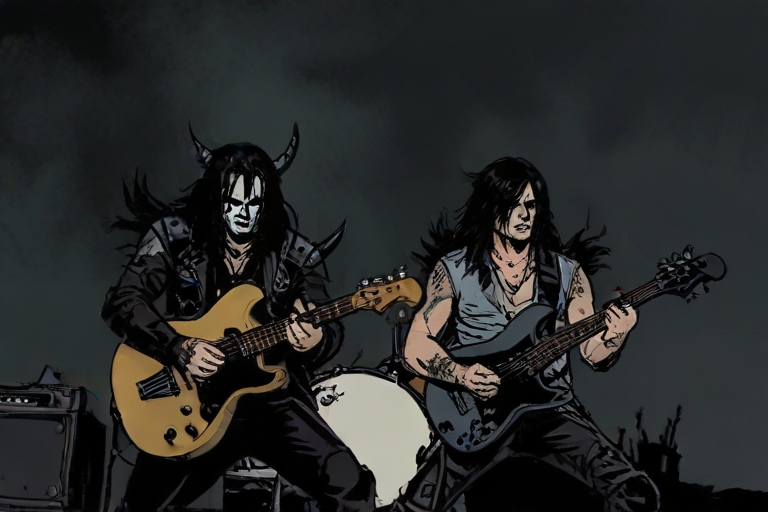
The first time I heard the word “TransCryption,” I half-expected it to be the name of some obscure heavy metal band, complete with leather-clad rockstars, epic guitar riffs, ripping drum beats, mosh pits, and headbanging. But to my horror, I soon discovered, it was less about shredding guitars and more about typing furiously to the beat of someone else’s voice. Instead of headbanging to killer drum beats, I found myself banging my head against the discordant background noise in a low-quality audio.
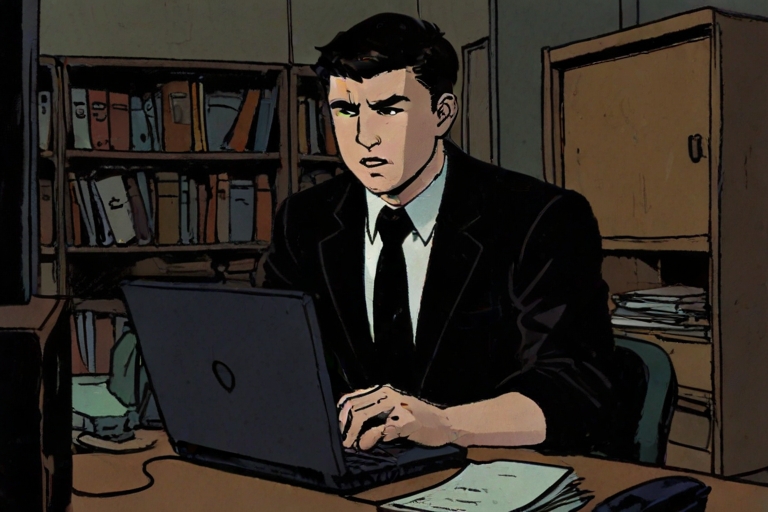
It was as if I had stumbled into a parallel universe where words held the power to both liberate and confound. The circumstances and events that introduced me to the transcription industry still feel like a hazy dream. Some 15 years ago, as I lazily flipped through the newspaper, a job ad jumped out from a worn corner of the jobs section: “Transcribers wanted. Listen to English audio and type it out. Strong listening skills and English proficiency needed.” The ad didn’t specify qualifications like needing a degree or any specific education. Feeling it was worth a shot, I dove right in.

After the interview and nerve-wracking tests, I anxiously awaited the outcome. When HR called, I was convinced I’d failed, but to my surprise, she said I passed. Handing me my joining letter like it was a golden ticket to the transcription factory, she chirped, “You can begin your training on Monday.” And just like that, my unexpected journey into the whimsical world of transcription began.
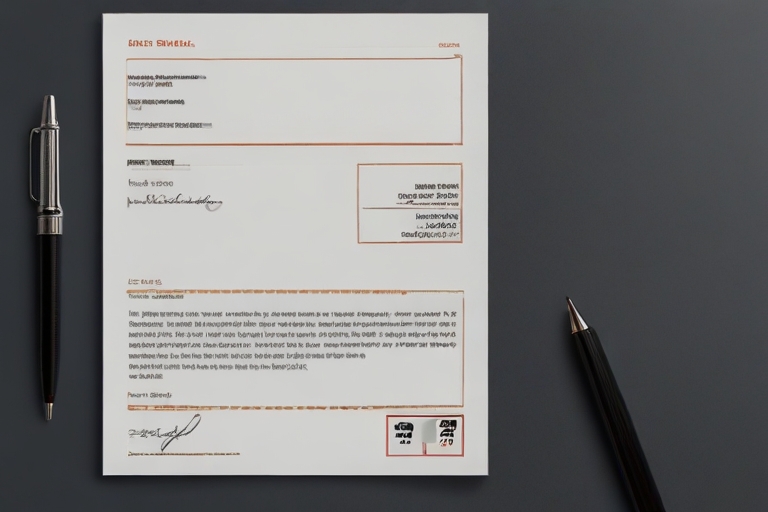
15 years ago, as one of the many trainee transcribers worldwide, I found myself entering a world I had little understanding of. Like jumping off cliffs and building wings as I fell, I soon felt at home in the world of transcription. Having a fast typing speed was akin to a superhero skill for transcribers. Some picked it up effortlessly, like second nature, while others had to sweat it out for hours, days and months to reach the minimum required speed. Soon, it dawned on me that transcribing was more than swiftly converting audio into text.It demanded both accuracy and an unquenchable thirst for ongoing learning. Even a mere five-second lapse in concentration could lead to lethal errors.

Just as Kryptonite weakens Superman, Carpal Tunnel Syndrome plagues transcribers, exacerbated by continuous long hours of furious typing, often resulting in swollen fingers. This affliction is further compounded by the specter of chronic back pain, a consequence of prolonged periods of sedentary work, casting a shadow over the already taxing physical demands of their profession.


As a transcriber, you’re immersed in a wholly different world, gaining diverse skills and insights across various industries spanning the globe. Transcribers become linguistic acrobats, mastering the art of unraveling various industries’ unique lingo through transcription. From legal intricacies to business buzzwords, medical jargons to media nuances, they gain a profound understanding of diverse fields.

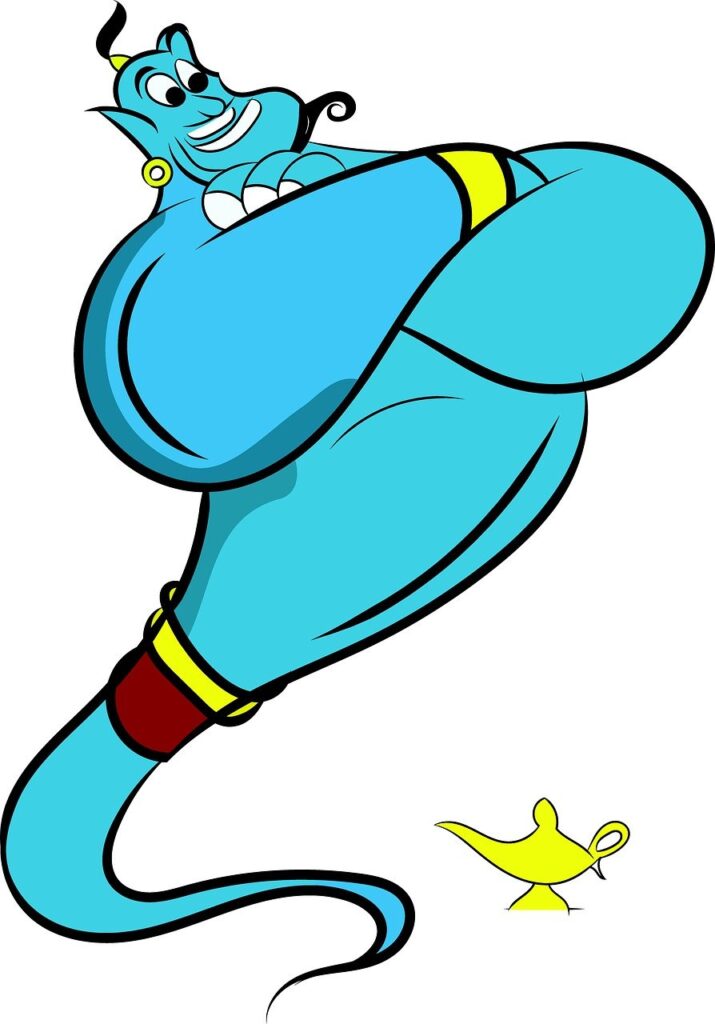
Each audio encounter offers a new lesson, honing their ability to capture not just words, but to absorb a wealth of knowledge. However, to advance to the next level, the most crucial skills were impeccable listening abilities, a keen eye for detail, mastery of language, and top-notch proofreading talent. Strong research skills and the ability to understand various accents were essential. Deciphering heavy accents from regions like France, Eastern Europe, the Middle East, Africa, and Southeast Asia often felt like navigating a minefield, with each instance akin to a potential migraine waiting to explode.
I eventually found myself among the First-Level Editors, tasked with rectifying the subpar work of bad transcribers. It was a constant struggle, with first-level editors like myself bearing the brunt of blame when quality fell short. However, placing blame was futile. After all, that was our job. Moving up the ladder to become an Editor and then a QA, the journey was riddled with challenges.The challenges and hardships faced during these stages led me to ponder, “What if there existed a genie capable of bestowing upon us, transcribers; individuals with finely-tuned listening skills and an exceptional command of language?”
The evolution of AI tools within the speech-to-text industry has been nothing short of transformative. RTs, or raw transcripts produced by humans using specialized stenography machines were the industry’s initial offering. However, their quality often fell short, making them as impractical as trying to teach a fish to climb a tree. Tools like Azure and Dragon sought to improve upon this, yet their effectiveness remained limited by the skills of transcribers. These tools did not represent a significant advancement in transcription technology.
After enduring countless challenges over the years, my long-held wish has finally been granted: Tunk.ai, the emerging powerhouse in the speech-to-text market. The emergence of Tunk from our very own transcription world is indeed Transcryptional. Using Tunk to conduct tests with various accents from around the world left me astonished by the results. Tunk.ai’s performance surpassed that of all other AI speech-to-text tools on the market. The precision and accuracy exhibited by Tunk.ai across a myriad of accents hinted at a transformative shift in the speech-to-text landscape. Still amazed by its quality, I couldn’t help but think: the genie has been unleashed.

Me, giving the virtual lamp a vigorous rub, and out swoops Tunk with a flourish!
Tunk: “Thy wish is my command. Wish away, Master.”
I respond with a grin, “I want you to provide me with speech-to-text solutions for every accent known to humanity, from the far corners of earth.”
Tunk: “Fear not, dear Master. For with my prowess, I shall make even the most cryptic accents as clear as a bell!”
I respond, “Show me what you’ve got, Tunk.”
Tunk: “As thou please, Master. Simply Tunk It. And thy wishes will be transcribed faster than thou canst say ‘supercalifragilisticexpialidocious’!”
Well, that was a breeze! Tunk has all the solutions, making everything so effortless. Ah, if only I’d stumbled upon Tunk sooner, life would have been simpler and less troublesome. But alas, better late than never!
Oh look, here come the transcribers and first-level editors to bid farewell. So, fare thee well, fellow transcribers and editors. Soon thou shalt be forgotten like thy legendary typos and autocorrect mishaps, but thy invaluable contributions and sacrifices shall echo through the halls of transcription lore!
